Supreme Court Reiterates Need for Substantial Question of Law in Second Appeals
- ByAdmin --
- 27 May 2025 --
- 0 Comments
The Supreme Court of India recently reiterated the critical importance of establishing a “substantial question of law” before entertaining second appeals in civil cases. This principle is crucial to ensuring judicial efficiency and preventing unnecessary clogging of the apex court with matters that do not warrant its intervention.
Background and Context
Second appeals are appeals filed against the decision of a first appellate court, typically heard by the High Courts. Under Section 100 of the Civil Procedure Code (CPC), 1908, the provision for a second appeal exists but is conditional upon the presence of a “substantial question of law” arising from the case.
The Supreme Court has, in various judgments, stressed that this requirement is not merely procedural but fundamental to maintaining the hierarchy and division of judicial functions between trial courts, appellate courts, and the apex court.
Supreme Court’s Recent Observations
In the latest ruling, the Supreme Court underscored that:
- The court will not entertain second appeals unless a substantial question of law is clearly formulated.
- The “substantial question of law” must pertain to an issue that has significant legal importance and is not merely a question of fact.
- This threshold is designed to ensure that only matters involving important legal principles or interpretation of law are admitted, leaving routine factual disputes to lower courts.
- The court reiterated that this approach prevents misuse of judicial resources and safeguards the finality of decisions by lower courts.
Legal Framework
- Section 100, CPC: Provides that a second appeal lies only if a substantial question of law is involved, affecting the final outcome of the case.
- Article 136, Constitution of India: Empowers the Supreme Court to grant special leave to appeal, but this power is discretionary and exercised sparingly.
- Doctrine of Res Judicata (Section 11, CPC): Encourages finality in litigation and limits repetitive litigation.
Meaning of “Substantial Question of Law”
- It is not enough to raise any legal question; it must be “substantial,” i.e., important enough to affect the final decision.
- It typically involves issues like the interpretation of statutes, constitutional questions, or significant legal principles rather than mere factual disputes.
- The Supreme Court has clarified in several judgments, such as R.L. Kalathia vs. Shapoorji Pallonji And Co. Ltd. (1995), that the question must be central to the case’s legal outcome.
Impact on Judicial Administration
- This principle helps in filtering cases, ensuring that only matters of legal significance reach the Supreme Court.
- It prevents clogging of the court’s docket with cases that can be resolved at lower appellate stages.
- It protects the finality and sanctity of judgments by discouraging endless appeals.
- Helps maintain judicial discipline and efficient use of limited judicial resources.
Practical Implications for Litigants and Lawyers
- Litigants must carefully assess whether their case raises a substantial question of law before filing second appeals.
- Lawyers need to frame the legal questions clearly and persuasively to meet the threshold.
- Emphasis is on quality over quantity in appeals, encouraging stronger legal arguments.
Conclusion
The Supreme Court’s reaffirmation of the need for a substantial question of law in second appeals is a reaffirmation of a long-standing legal principle essential for the efficient administration of justice in India. It safeguards the apex court’s role as the ultimate interpreter of law rather than a fact-finding body.
This principle balances the right to appeal with the need for finality in litigation and helps the judiciary focus on cases that genuinely require its authoritative intervention.


































































































































































































































































































































































































































































































































































































































































































































































































































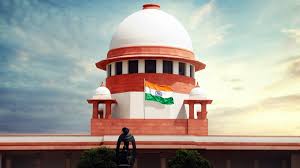


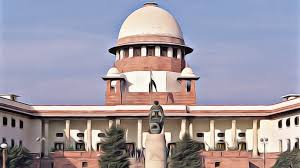

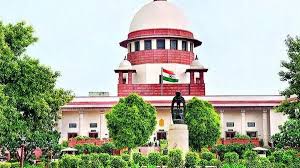









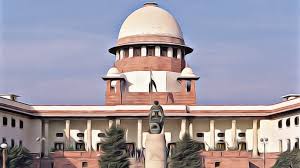




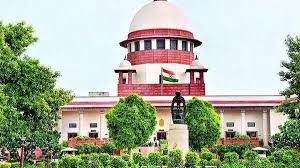



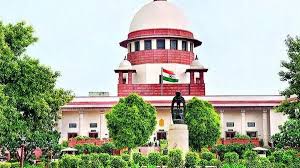
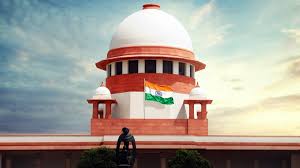



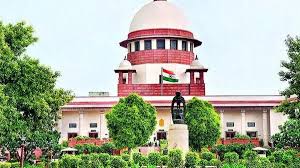


















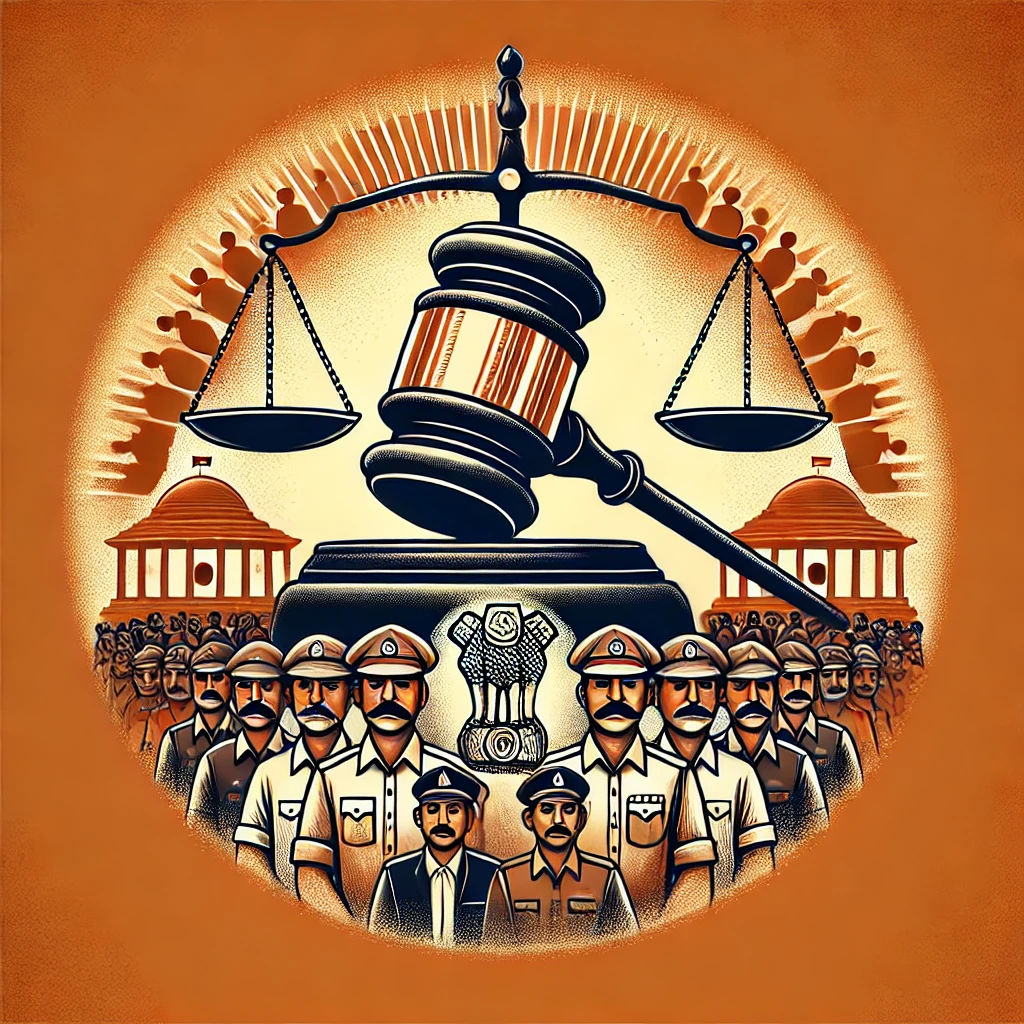


















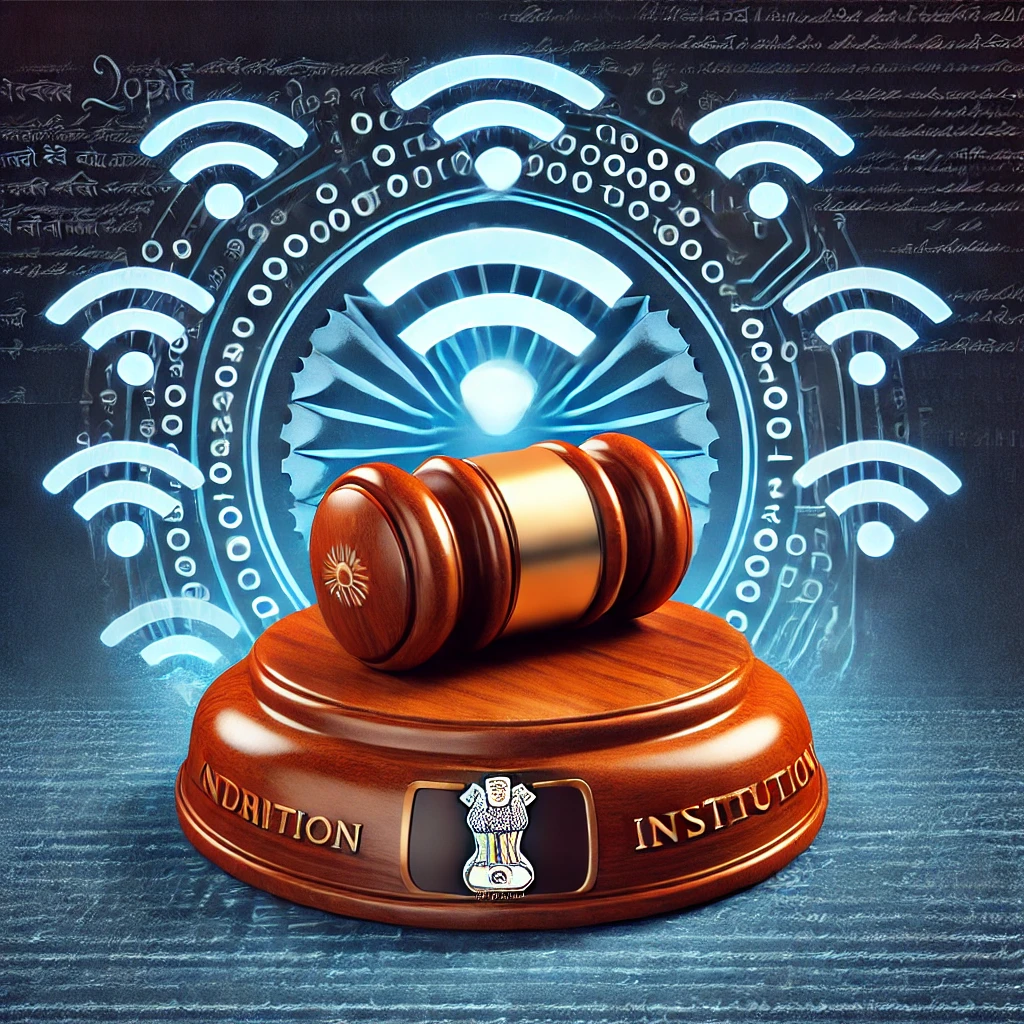


























0 comments